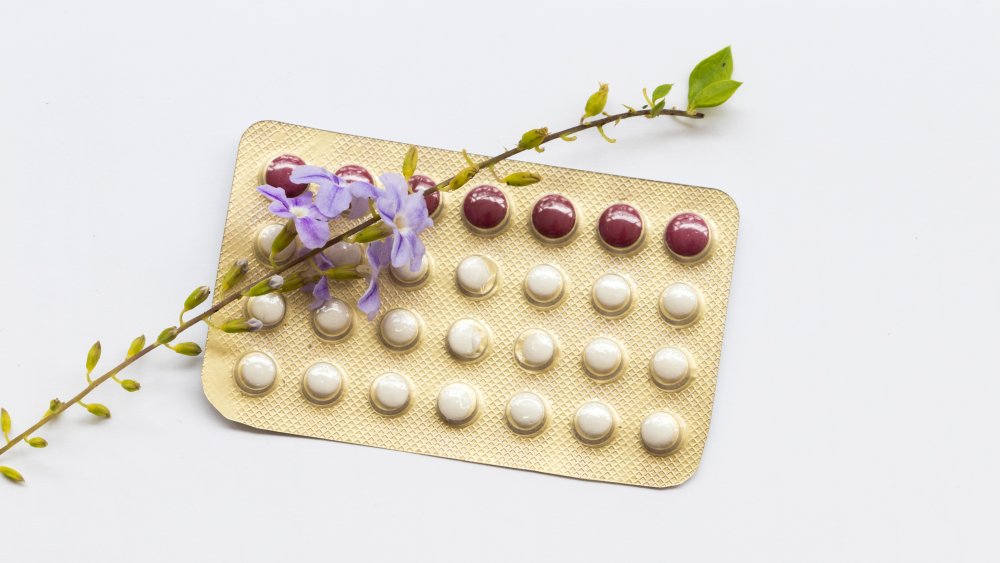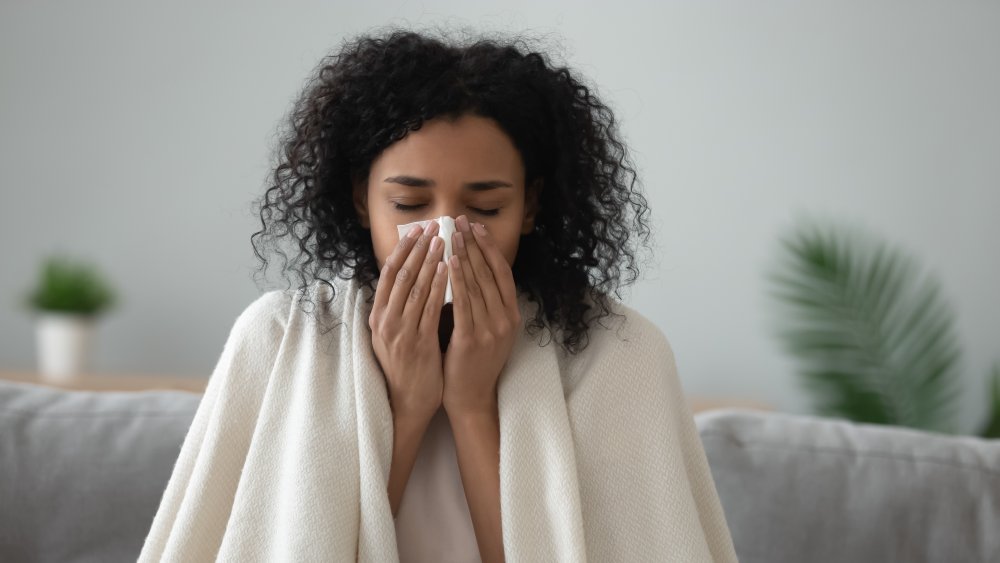Oxytocin: The Truth About The Love Hormone

Do you ever feel like you're in love? That you can't get enough of the person you're with? That you would do anything for them? If you've ever felt this way, then you can thank oxytocin for those intense feelings. Oxytocin is often called the "love hormone" because it plays a key role in social bonding, sexual reproduction, and maternal behaviors. But what exactly is oxytocin? And how does it work? Oxytocin is a hormone that is produced in the brain and released into the bloodstream. It is most well-known for its role in promoting bonding between mothers and their infants, but it also plays a role in sexual reproduction, stress relief, and social interactions. When oxytocin is released into the bloodstream, it travels to the uterus where it helps to stimulate contractions during labor. Oxytocin is also released during breastfeeding, which helps to promote bonding between mother and child. In addition to its role in reproduction, oxytocin has also been shown to play a role in stress relief and social interactions. Oxytocin has been shown to decrease stress levels and increase trust and cooperation. So, if you're feeling the love, you can thank oxytocin for those intense feelings!
Oxytocin helps form the first bond of all
mammals. Forming the first bond is one of the most important things a mammal can do. Oxytocin helps to make this happen. Oxytocin is a hormone that is released when we hug, kiss, or even just sit close to someone else. This hormone is what helps us to feel close to others and is important for the formation of all kinds of relationships.
Recommended
NEXT UP
How Your Body Changes When You Stop Taking Birth Control Pills

It’s no secret that birth control pills can have some pretty serious side effects. In fact, many women who take them end up quitting because of these side effects. But what happens to your body when you stop taking birth control pills? For starters, your hormone levels will go back to normal. This means that you may experience some changes in your mood and your energy levels. You may also find that your skin clears up and that you don’t have as many headaches. Your menstrual cycle will also go back to normal. This means that you may ovulate sooner than you expected and that your periods may be heavier than they were before you started taking birth control pills. If you’ve been taking birth control pills for a while, you may also notice that your hair starts to thin out. This is because the pills can actually cause your hair to fall out. Finally, you may also notice that you gain weight when you stop taking birth control pills. This is because your body is no longer retaining water like it did when you were on the pill. All in all, there are a lot of changes that your body goes through when you stop taking birth control pills. But, for the most part, these changes are positive. So, if you’re thinking about quitting the pill, don’t let the side effects scare you off.
Conditions managed by the pill may return
if you stop taking it If you're one of the many women who takes the pill, you may be wondering if you can ever stop taking it. The answer is yes, but there are some things you should know first. For starters, the pill can help manage conditions like acne, endometriosis, and PCOS. So, if you stop taking it, your conditions may return. However, the pill may also cause some side effects, like weight gain, mood swings, and headaches. If you're thinking about stopping the pill, it's important to talk to your doctor first. They can help you weigh the pros and cons and find the best solution for you.


